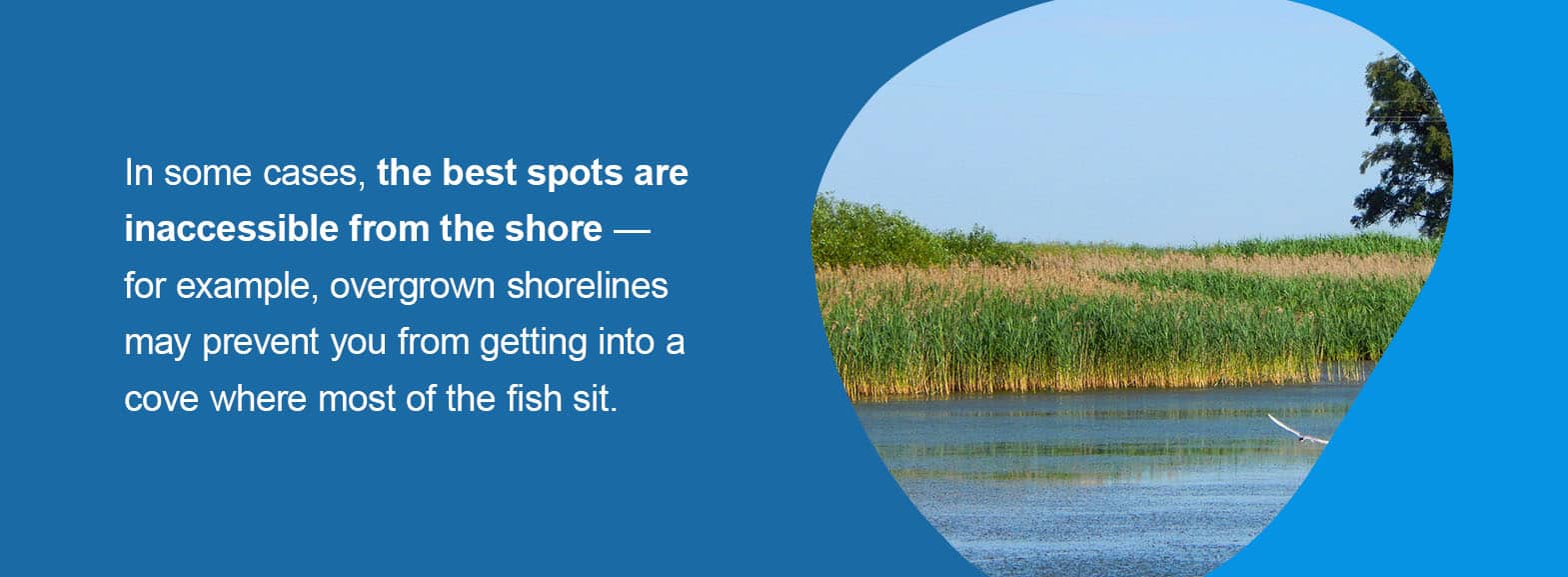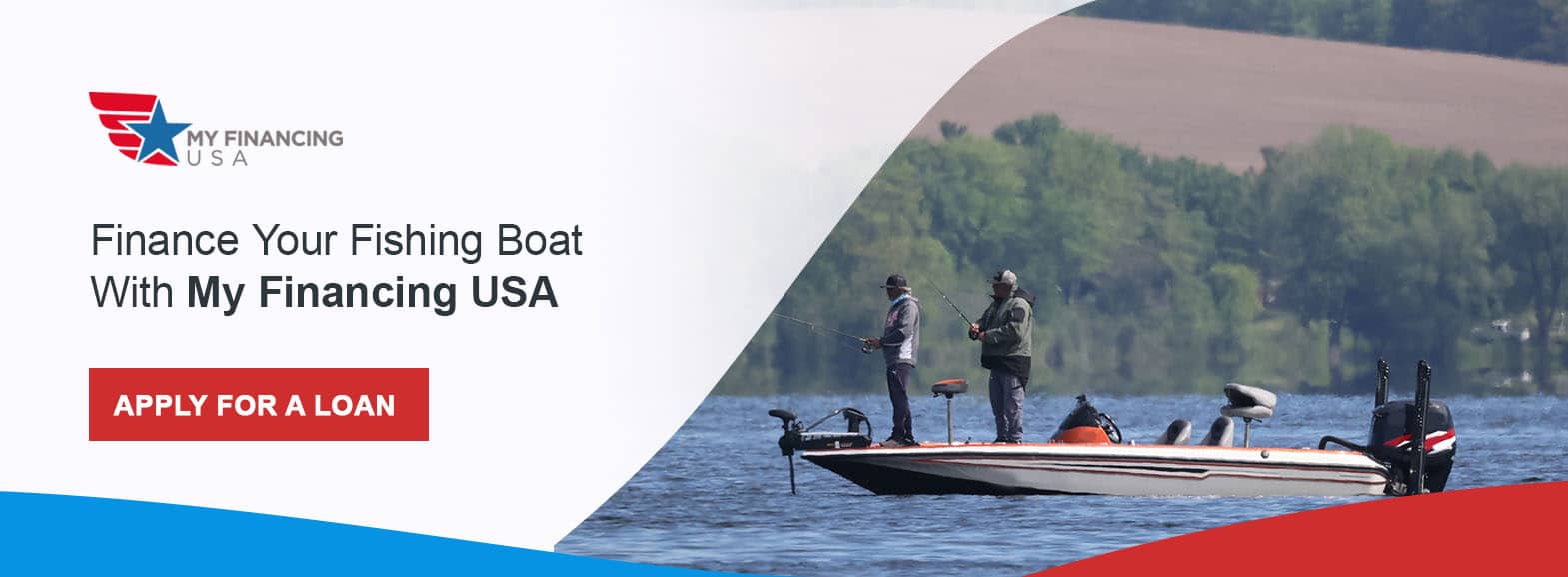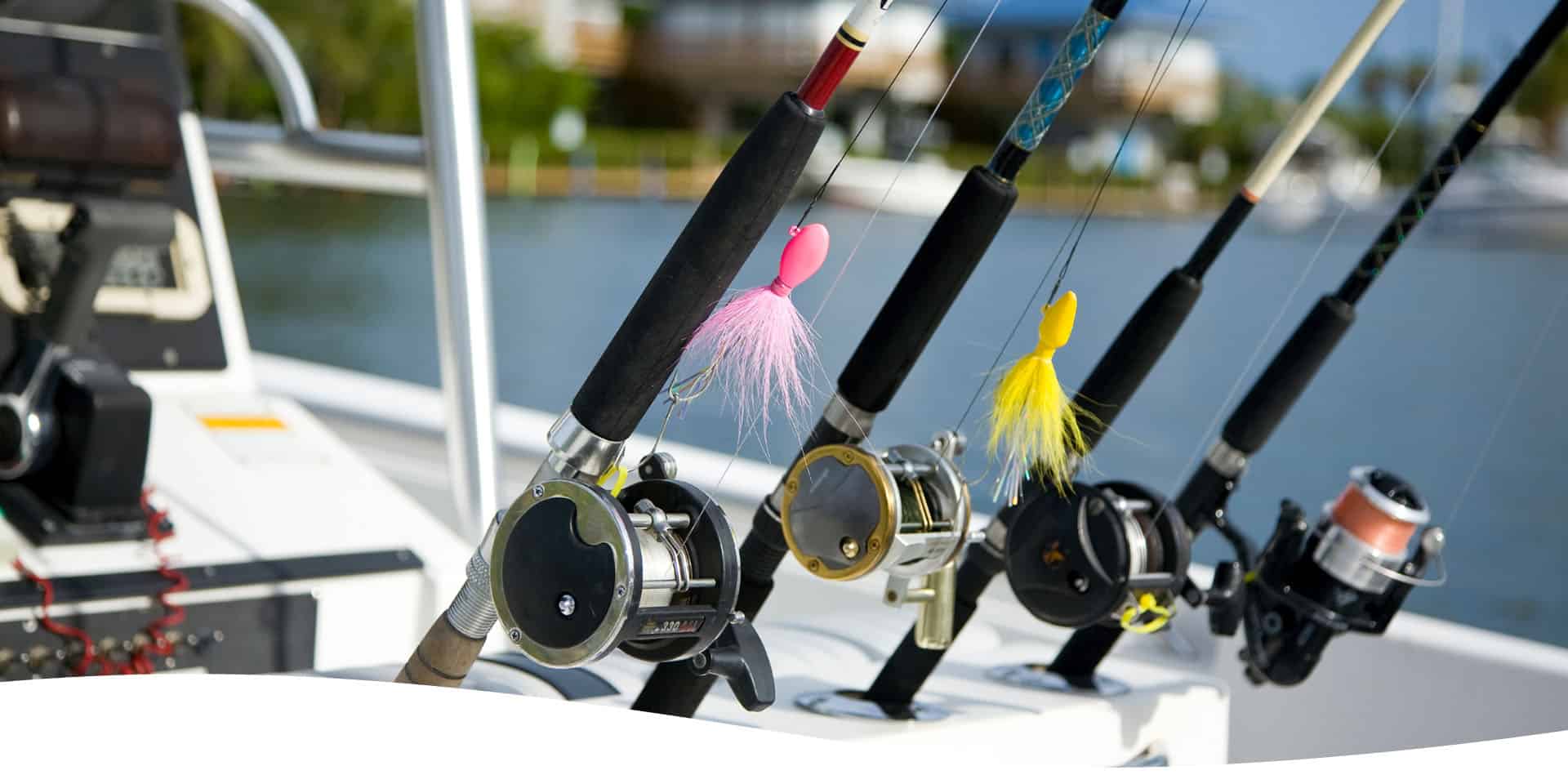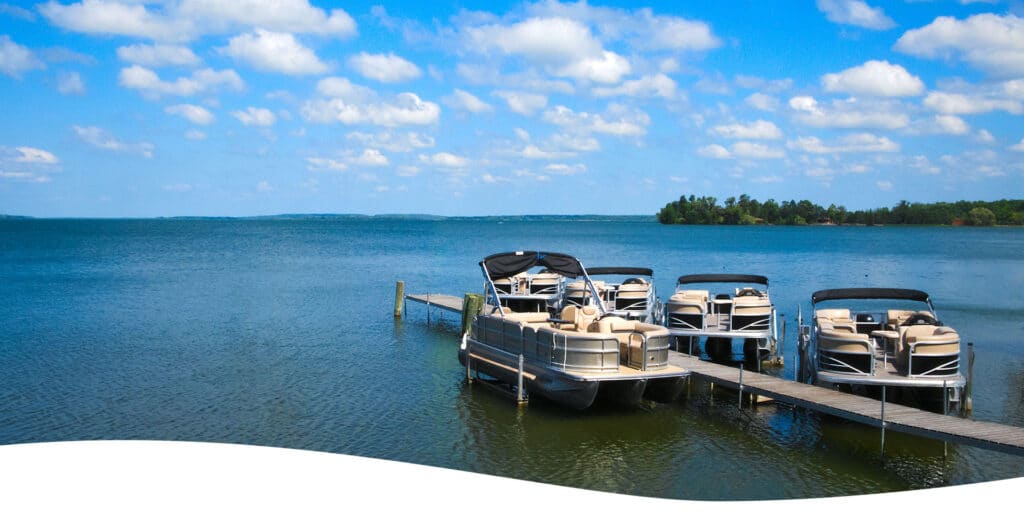Quick Navigation:
Fishing is one of the most popular pastimes and ways to enjoy nature with family and friends. Planning a fishing trip can be as simple as going out to your local pond for the day or spending a weekend fishing in a new spot across the country. Knowing how to plan a fishing trip is key for a relaxing, successful time.
Tips for Planning a Fishing Trip
Whether you're taking a solo trip or fishing with friends, planning is the best way to ensure your trip goes smoothly. Start with these tips to remember when planning your fishing trip.
Consider Hiring a Guide
Unless you're a skilled fisher or have fished the location you're going to before, you may want to consider hiring a fishing guide. Guides are extremely knowledgeable about their areas and how to fish at given locations. Some people simply enjoy being on the water and out in nature, but if you're really looking to catch fish, it may be best to go with a guide. They typically provide the boat, gear and tackle — most of the time, you just have to show up.
Research the Location and Conditions
Whether or not you have a guide, research the location so you know where you're going and what the spot is like. Consider factors like water levels and tide, water temperature, recent rainfall and weather conditions at the time of your trip. Be sure to also find out what species of fish are in the water or what specific fish you may be targeting on the trip. This information will help you determine what to pack and how to approach the trip.
Pack and Plan Ahead of Time
Do all your trip packing and planning ahead of time to avoid last-minute stress. Rushing around increases the risk of forgetting something important. It's best to have everything packed the night before you leave so you have time to remember everything, especially if you're heading out for your trip early in the morning. Giving yourself plenty of time to pack can help make the trip more enjoyable.
Make a checklist of what you need and cross items off as you pack them and go over the list one last time before you leave. Packing early also gives you time to adjust to changing plans or anticipate other needs.
Determine How You'll Access the Water
Depending on where you plan on fishing, you may need different ways to access the water. If you're fishing a creek, stream or river, you may be able to access all areas of the water from the shore or bridges, if there are any. Depending on the river's width and other conditions, you may use waders to walk out into the water and access deeper holes where fish may hide.
When fishing larger rivers, ponds or lakes, you'll likely need a boat to adequately access the water. Limiting yourself to the shore in these environments can significantly limit what fish you catch, if any. In some cases, the best spots are inaccessible from the shore — for example, overgrown shorelines may prevent you from getting into a cove where most of the fish sit. A fishing boat also allows you to move to different spots quicker, making the most of your time on the water.

Learn the Local Fishing Regulations
Being a responsible and respectful fisherman is important anywhere you fish, though different states have different rules and regulations to follow. Be sure to abide by any local fishing regulations for the area your trip is in. You may encounter catch limits, catch and release laws, size limits, seasons for certain fish species, hook and lure laws, and other considerations.
What to Take on a Fishing Trip
Knowing how to plan a wilderness fishing trip involves packing the right gear. The “right” gear will vary between people and places, as this is closely tied to where you're fishing, where you're staying and what the conditions will be like. Here's a checklist and a few gear-related tips to get you started:
- Rods and reels: Ensure your rods and reels are at the top of your fishing trip checklist — without these, you won't be doing much fishing! When deciding which rods to bring, consider where you'll be fishing and what you're fishing for. You should also pack an extra rod as a backup in case anything happens to your primary one.
- Bait and lures: You'll need different bait and lures depending on what fish species you're hoping to catch. For example, trout fishing requires smaller lures and hooks because their mouths are smaller than other species like bass. These types of considerations help you effectively prepare and can increase your chances of catching something.
- Tools: When packing your tackle box, be sure to include tools like pliers, a knife, a multi-tool or something similar. You'll need these tools for removing hooks, cutting lines, adjusting lures, sharpening hooks and other tasks.
- Fishing license: While researching the rules and regulations where you're going fishing, be sure to also purchase a fishing license for the state you'll be in. You must have your fishing license with you while you're on the water, so keep it in a waterproof bag or laminating pouch to prevent it from getting lost or damaged.
- First aid kit: You should have a first aid kit anytime you go out in the wilderness. Having the necessary medicine or bandages can help make any injuries or accidents more comfortable rather than letting them ruin the whole day.
- Sun protection: The sun is more powerful on the water, so be sure to bring protection. Polarized sunglasses help shield your eyes from the sun and block reflections on the water. Sunscreen and hats are other effective ways to protect your face and skin.
- Food and drinks: Whether you're on a weekend-long fishing trip or just a day trip, you'll inevitably get hungry and thirsty, so be sure to bring meals or snacks. Also, pack lots of water to keep yourself hydrated.
- Appropriate clothes: Regarding your clothes, consider the weather conditions where and when your trip is. It's typically best to dress in layers, as you can add or remove pieces for comfort. Anticipate getting wet, so wear clothes and shoes that are water-resistant.
Finance Your Fishing Boat With My Financing USA

Having your own fishing boat allows you to plan the fishing trip of your dreams. Whether you're financing a new boat or refinancing your current boat, My Financing USA can prequalify you for boat loans from lenders nationwide, helping you find the best rates and loan terms depending on your budget and credit score. Fill out our secure online application, and we'll have you on the water soon.
Additional Resources on Boating:
- 31 Best Fishing Trips in the U.S.
- The Best Boating Lakes in the USA
- Best Places to Go Boating
- Best Boating Activities
- Boat Safety Tips



